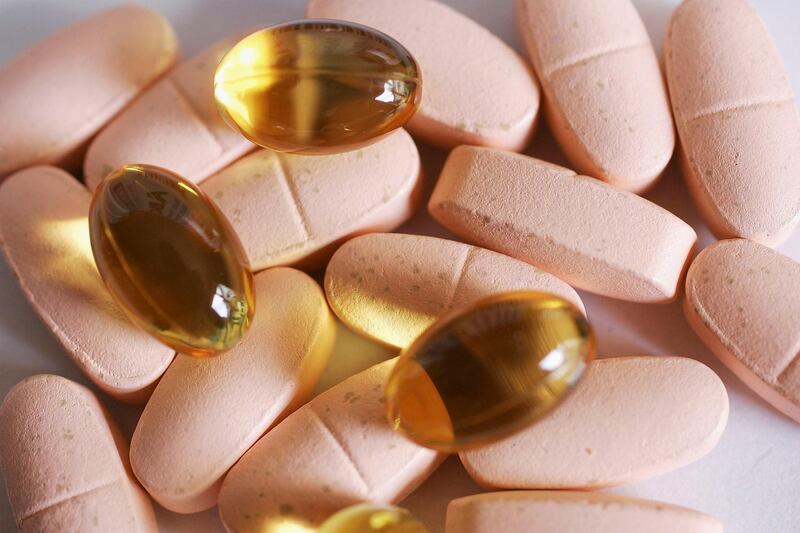Our lifestyles have changed dramatically in recent weeks. As we all do our bit to stem the spread of Covid-19 by staying at home, our sleeping, eating and working patterns have been thrown into disarray. Most of us are moving less, getting less access to fresh air and less exposure to sunlight.
This may mean that our bodies are not receiving the essential minerals and vitamins they need. And getting the right balance of nutrients is essential to keeping our bodies functioning properly – all the more important when we are all trying to ensure our immune systems are strong.
The ever-elusive Vitamin D
Vitamin D, in particular, might be a problem at the moment, as the body relies on sunlight to produce it. People currently isolating in apartments, with no access to outside space, need to be conscious of a potential deficiency.

“Vitamin D is known as the sunshine vitamin, since it is made by the body after being in the sun. Vitamin D helps the body absorb calcium. You need calcium for the normal development and maintenance of healthy teeth and bones. It also helps maintain proper blood levels of calcium and phosphorus. Ten to 15 minutes of sunshine, three times a week, is enough to produce the body's requirement of vitamin D for most people at most latitudes,” explains Dr. Nadine Aoun, clinical dietician at Medcare.
While it is difficult to get enough vitamin D from food sources alone, Dr Mariam Khalfan Al Suwaidi, head of Healthpoint’s department of dermatology, highlights some foods that can help. “Foods high in vitamin D include oily fish, mushrooms, eggs and dairy products, and vitamin-D-fortified foods. Also try to eat a wide variety of colourful vegetables every day and follow a balanced diet to ensure you get all vitamins and minerals.”
Given the importance of Vitamin D, and the struggles that many people have getting it in sufficient quantities, particularly under the current circumstances, Natasha Rudatsenko, founder of the online health and fitness platform, Health Nag, recommends taking a supplement.

“It is absolutely essential,” she says. “Vitamin D contributes a lot to our overall immunity as well as hormonal balance, so this is something I recommend taking for absolutely everyone. 5,000 to 7,000 IU is a good daily dose. Go for its active form, the one that is most bioavailable to our body, Vitamin D3. It’s a fat-soluble vitamin, so it is good to take it with something fatty. The most convenient way of getting vitamins, in my opinion, is still www.Iherb.com."
Eat your vitamins
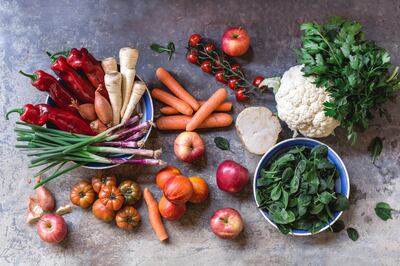
As a general consensus, medical experts recommend that you do not overdo the vitamin supplements. With some vitamins, too much can be as harmful as too little. The aim is to try to achieve a balanced and healthy diet, before you go reaching for the supplements.
Dr Aoun offers a breakdown of the vitamins you need, and some of the foods you should be consuming to get them:
Vitamin A: Helps form and maintain healthy teeth, bones, soft tissue, mucus membranes and skin. Found in beef, liver, eggs, shrimp, fish, fortified milk, sweet potatoes, carrots, pumpkins, spinach and mangoes.
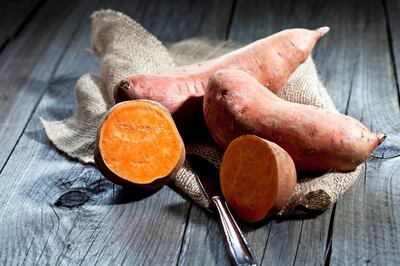
Vitamin B6: Helps form red blood cells and maintain brain function. It also plays an important role in the proteins that are part of many chemical reactions in the body. Found in meat, fish, poultry, legumes, tofu and other soy products, and bananas.
Vitamin B12: Like the other B vitamins, this is important for metabolism. It also helps form red blood cells and maintain the central nervous system. Found in meat, poultry, fish, milk, cheese, fortified soy milk and cereals.
Vitamin C: An antioxidant that promotes healthy teeth and gums. It helps the body absorb iron and maintain healthy tissue. It is also essential for wound healing. Found in citrus fruit, potatoes, broccoli, bell peppers, spinach, strawberries, tomatoes and Brussels sprouts.
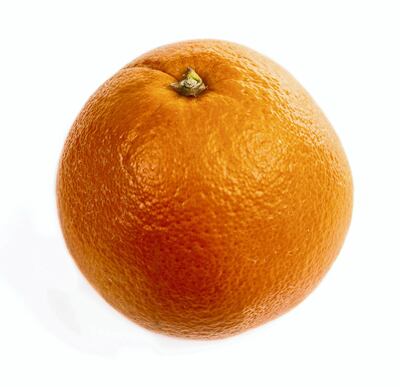
Vitamin E: Also an antioxidant. It helps the body form red blood cells and use vitamin K. Found in vegetables oils, leafy green vegetables, whole grains and nuts.
Vitamin K: Without this, blood would not stick coagulate. Found in spinach, broccoli and kale.
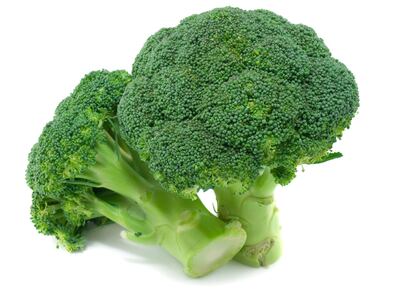
Biotin (B7): Essential for the metabolism of proteins and carbohydrates, and in the production of hormones and cholesterol. Found in whole grains, eggs, soy beans and fish.
Niacin (B3): A B vitamin that helps maintain healthy skin and nerves. Found in meat, poultry, fish, fortified and whole grains, mushrooms and potatoes.
Folate: Works with vitamin B12 to help form red blood cells. It is needed for the production of DNA, which controls tissue growth and cell function. Found in fortified grains and cereals, asparagus, spinach, broccoli, legumes (black-eyed peas and chickpeas) and orange juice.
Pantothenic acid: Essential for the metabolism of food. Found in chicken, whole grains, broccoli, avocados and mushrooms.
Riboflavin (vitamin B2): Important for body growth and the production of red blood cells. Found in milk, yogurt, cheese, whole and enriched grains, and cereals.
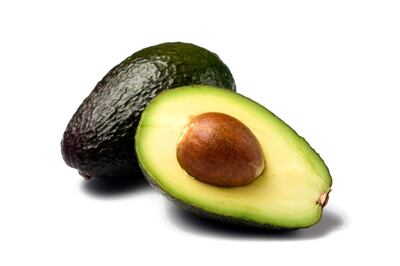
Thiamine (vitamin B1): Helps the body cells change carbohydrates into energy. Found in soy milk and watermelon.
